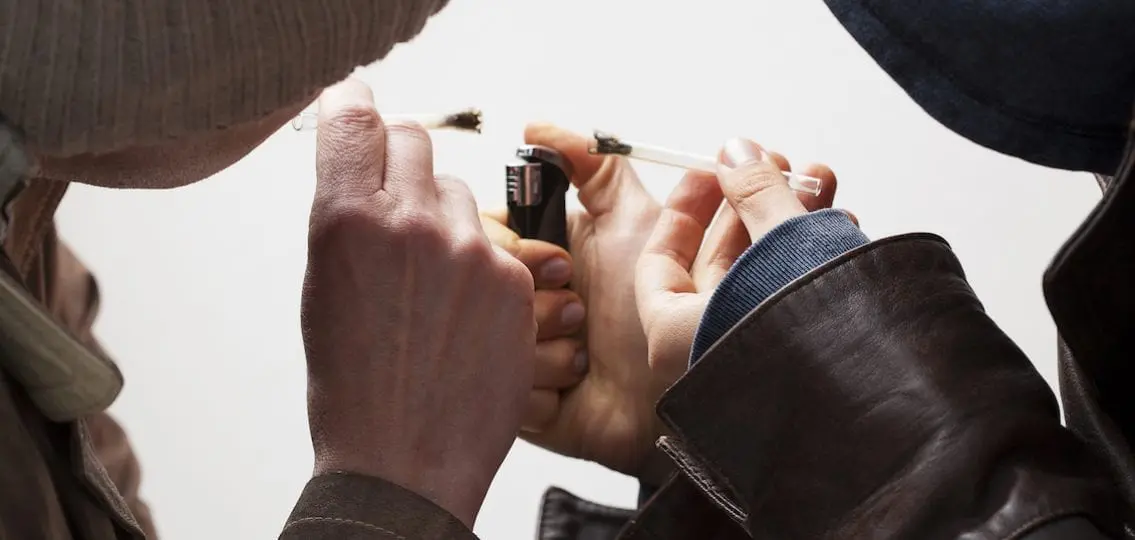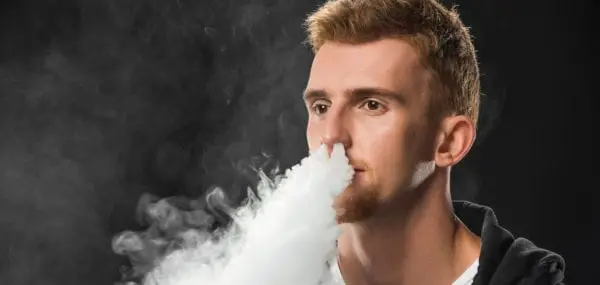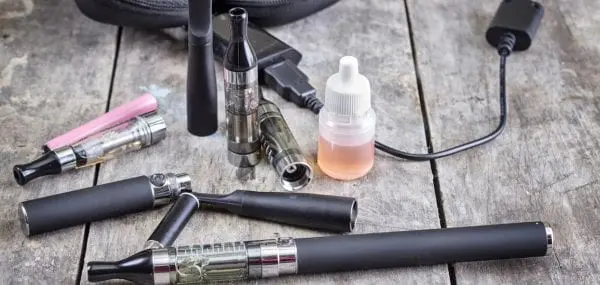Last year, my 14-year-old son was struggling with anger and anxiety issues. He’s always been an anxious child. But surging puberty hormones combined with the fact his father and I were divorcing, and contributed to his emotional turmoil and negative behavior.
One night, he came home and it was clear he was high. Determined to stay calm, I talked with him and searched his backpack. Even though I didn’t find anything at the time, I knew this was just the beginning and I was in for a long ride.
I wasn’t wrong. The following night, I caught my son smoking a joint under our deck. I took the pot and flushed it, gave him a consequence, and had another talk with him. I explained that I wanted to support him and get to the bottom of his issues because he was too young to be smoking pot.
“It just makes me feel so relaxed and takes away my anger,” he told me.
I could sympathize with the temporary relief he was getting from marijuana. But I was less sympathetic when the vice principal of his high school caught him smoking pot with his friends before school just a few weeks later. I had thought our talks, and the punishment he’d received, had gotten through to him. But they hadn’t made a difference.
Like many people, he had decided marijuana was harmless, so he wasn’t listening to my warnings.
My son seemed to be crying out for some kind of relief. I wanted to get him the help he needed, so I signed him up for Cognitive Behavioral Therapy. His therapist didn’t share much information about what they talked about. He did tell me, however, the information about marijuana he’d relayed to my son.
He explained that while pot might relieve my son’s anger and anxiety for a period of time, it was actually weakening his brain.
It was preventing him from dealing with the pressures of life and his emotions in a natural way. The therapist told my son and me that his anxiety would actually intensify if he continued to smoke pot.
Through therapy, my son has learned the tools, such as meditation, healthier eating habits, and adequate rest, that help him cope with his anger and anxiety. He is (hopefully) done trying to soothe himself with pot. His belief that marijuana was a harmless way to help calm himself is one that many teens believe.
However, a study published in the Journal of Clinical Psychiatry emphasizes that marijuana use has negative effects on the brain function of young people. The study found that when adolescents who used marijuana stopped using the drug, their cognitive functioning quickly improved. NPR covered the study and writes, “Researchers are particularly concerned with marijuana use among the young because THC, the active ingredient in marijuana, most sharply affects the parts of the brain that develop during adolescence.”
NPR goes on to explain the details of the study conducted by a team lead by Randi Schuster, the director of neuropsychology at Massachusetts General Hospital’s Center for Addiction Medicine. Eighty-eight marijuana users, ages 16 to 25, were evaluated in the study. Half of the group was directed to stop using marijuana during the study. A series of tests conducted four weeks later showed that those who had stopped their marijuana use had better memory scores than those who were still using marijuana. The most noticeable difference was in the first week.
We still don’t know all of the physical effects marijuana has on young people.
Nevertheless, the results of this study are a good, tangible way of demonstrating to teens that marijuana does negatively affect their brain.
While they may not take a parent’s word for things like this, the research doesn’t lie. I intend to show my son this study to reinforce what he has learned through his own experience. He is a more content and confident version of himself since he found healthier ways of coping with his anxiety than using marijuana. He feels better as a result, and that is a huge relief to both of us.




